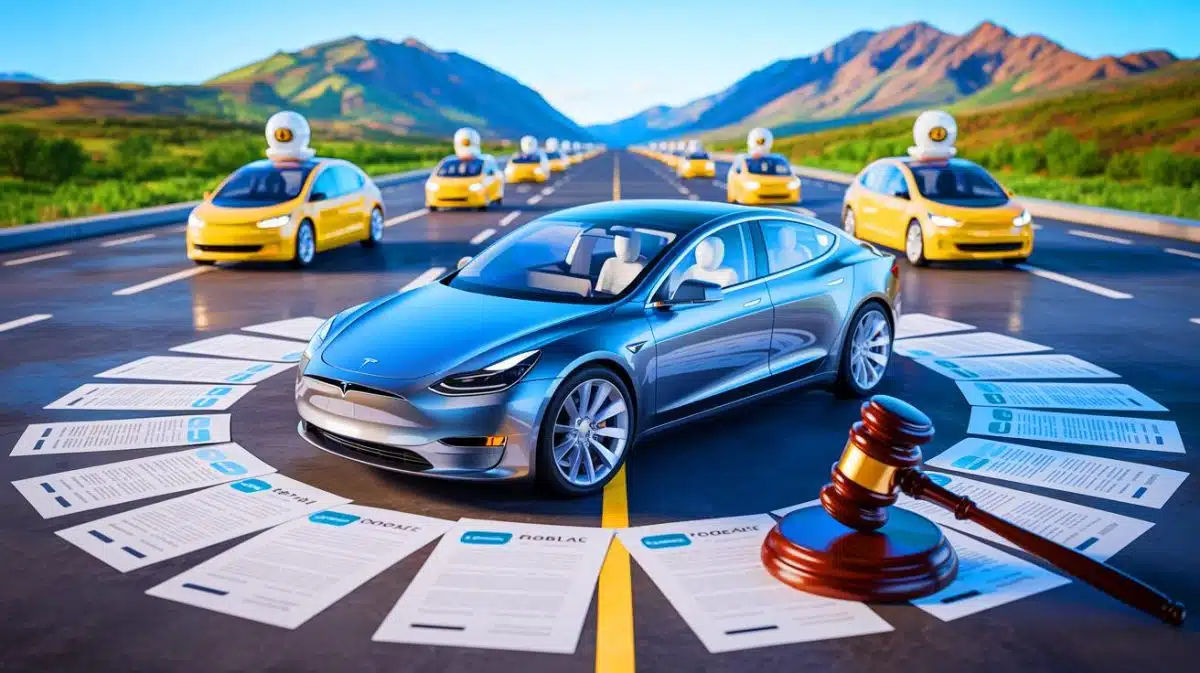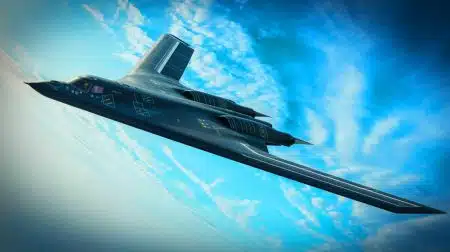| IN A NUTSHELL |
|
For nearly a decade, Elon Musk has been promising that Tesla vehicles would achieve full autonomy, eliminating the need for human intervention. However, these unfulfilled promises are now turning into legal and regulatory threats for the automaker. As Tesla faces increasing scrutiny, its competitors are making tangible advancements in the field of robotaxis. This situation places Tesla in a challenging position, as the company must navigate the complexities of litigation while striving to maintain its reputation as a leader in the electric vehicle industry.
Promises of Autonomy Face Legal Challenges
In a recent development, a federal judge in San Francisco has allowed a class-action lawsuit to proceed against Tesla. The lawsuit, brought by Tesla owners, claims they were misled by the company’s CEO, Elon Musk. They argue that Tesla has been overselling its autonomous driving capabilities since 2016. This legal action is one of several recent cases that challenge Tesla’s narrative about its “Full Self-Driving” (FSD) software.
Earlier this month, a federal jury in Miami found Tesla partially responsible for a fatal accident that occurred in 2019 while the Autopilot system was engaged. The jury awarded $243 million in damages, underscoring the serious consequences of the company’s claims. In California, the Department of Motor Vehicles (DMV) has also accused Tesla of misleading consumers. These legal challenges highlight the growing skepticism surrounding Tesla’s self-driving promises.
Impact of Legal Threats on Tesla’s Market Position
The legal challenges Tesla faces could have significant repercussions for its position in the market. The company’s reputation is at stake as consumers and regulators question the safety and reliability of its autonomous driving systems. As a result, Tesla may need to adjust its marketing strategies and enhance the transparency of its technological capabilities.
Furthermore, these legal battles may deter potential buyers and investors, who might perceive the company as embroiled in controversies. Tesla’s competitors, meanwhile, are capitalizing on the situation by advancing their own autonomous vehicle technologies. This competitive environment could pressure Tesla to accelerate its development efforts and address the concerns raised by regulators and consumers alike.
Competitors Gaining Ground in the Autonomous Vehicle Race
As Tesla grapples with its legal challenges, other companies are making notable progress in the autonomous vehicle sector. Companies like Waymo and Cruise are expanding their robotaxi services in the U.S., gaining regulatory approvals and demonstrating successful deployments in urban settings. These advancements highlight the competitive landscape in which Tesla operates.
The progress made by Tesla’s competitors underscores the importance of credibility and transparency in the autonomous vehicle industry. Companies that can deliver on their promises and navigate the regulatory environment effectively are likely to gain a competitive edge. For Tesla, maintaining its leadership position will require not only technological innovation but also a commitment to addressing the concerns of regulators and consumers.
The Future of Tesla’s Autonomous Ambitions
Despite the challenges, Tesla’s commitment to achieving full autonomy remains strong. The company continues to invest in research and development, aiming to enhance its autonomous driving technologies. However, the path forward is fraught with obstacles, including regulatory scrutiny and the need to rebuild trust with consumers.
As Tesla navigates these challenges, the company must balance ambition with accountability. The future of Tesla’s autonomous ambitions will depend on its ability to deliver on its promises while ensuring the safety and reliability of its systems. The outcome of ongoing legal battles will likely influence Tesla’s strategy and its role in the autonomous vehicle industry.
With Tesla under increasing pressure from legal and competitive fronts, the coming months will be crucial for the company. How will Tesla address these challenges, and what impact will they have on the future of autonomous driving technology? These questions will shape the narrative of the autonomous vehicle industry in the years to come.
Did you like it? 4.4/5 (22)







